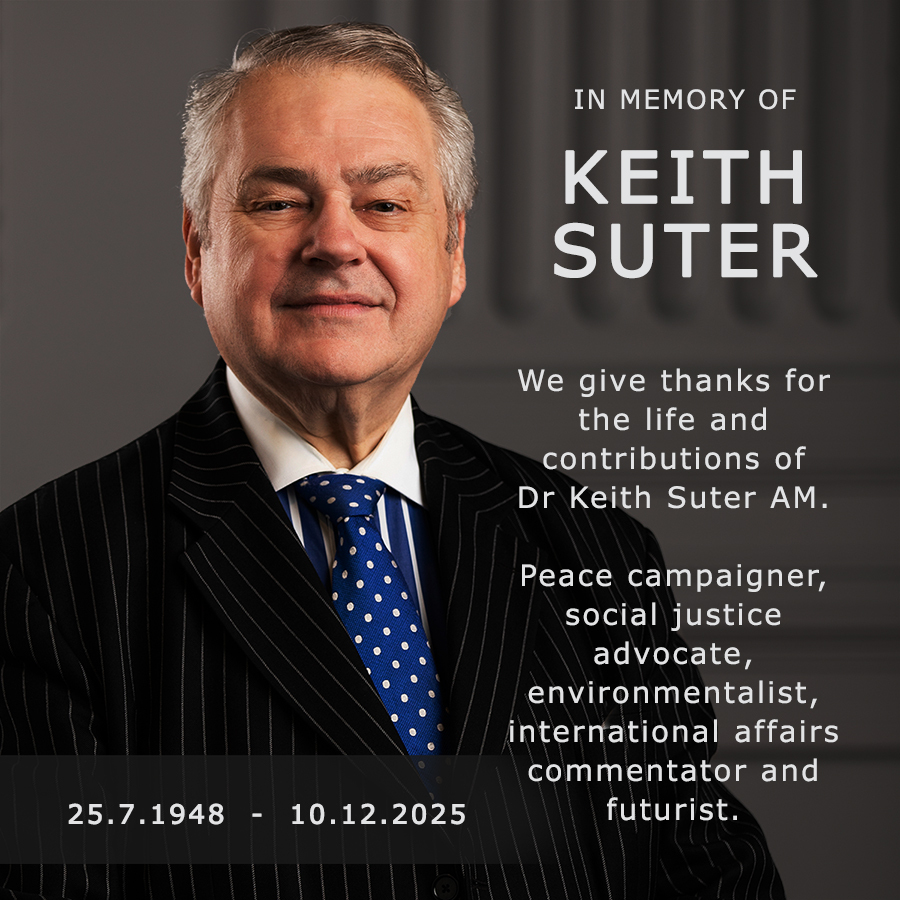
Archive Article: Switzerlnd To Enter The United Nations. 8 March 02
January 3, 2009
Switzerland has voted in the last few days to join the United Nations. It will become the UN’s 190th member (with an independent East Timor in due course to become the 191st member).
Switzerland is governed partly by referenda. All major issues (not just foreign policy ones) may be put to the vote. The result then binds the government. The result also binds the losing side (and so the people who lost in the UN referendum will not try to overturn it).
Switzerland has not been involved in a major war since Napoleon’s day, two centuries ago. Its neutral status was recognized formally in international law after World War I.
Switzerland was neutral – but not isolationist. It hosted the League of Nations in Geneva. The International Committee of the Red Cross has been based in Geneva since its creation 140 years ago and the Swiss Federal Council convenes the periodic conferences to update the Red Cross Geneva Conventions.
But the outbreak of World War II left the Swiss feeling very bitter. It refused to join the United Nations when it was created in 1945. Ironically, the old League of Nations building became the UN’s European HQ (the UN’s second largest office after New York), with a total staff of about 8,000 people (including those UN specialized agencies also based in Geneva). The UN’s Geneva presence also draws a large population of foreign diplomats into the city and so the country does very well financially from the UN’s presence.
Additionally, Switzerland had joined various UN economic and social specialized agencies because a modern industrial state has to be plugged into those agencies (such as for airlines, post and telecommunications). Additionally, Switzerland contributes about US $300 million per year to the UN’s work. It was simply that it was unwilling to go all the way and join the UN General Assembly and so become more involved in the UN’s political work (such as eventual election to the UN Security Council for a two-year tour of duty).
There have been periodic attempts to change this anomaly. To win, a referendum has to get a majority of votes in a majority of cantons (states). The 1986 vote was lost by a three-to-one majority, with no canton voting in favour of admission.
This month’s referendum was won by the close vote of 55-45 per cent of the vote and a slender majority of the cantons. It was a close vote – but a dramatic change since the 1986 result. The vote is, first, a recognition that the world is becoming increasingly interdependent and so it looked odd for Switzerland – which relies so much on international co-operation for its economic wealth – to stay outside the organization that most personifies the new era of international co-operation.
Second, the Cold War is over. It is very hard to be neutral now that there are not the power blocs between which to be neutral. The Third World has had the same problem. It was separate from the US’s First World and the Soviet Union’s Second World. But now that the Second World has joined the First World, where does that leave the Third World?
Switzerland has had a similar dilemma. And now it has solved it by the vote in the referendum.
BROADCAST ON FRIDAY 8TH MARCH 2002 ON RADIO 2GB’S “BRIAN WILSHIRE PROGRAMME” AT 9 PM AND ON 10TH MARCH 2002 ON “SUNDAY NIGHT LIVE” AT 10.30 PM

